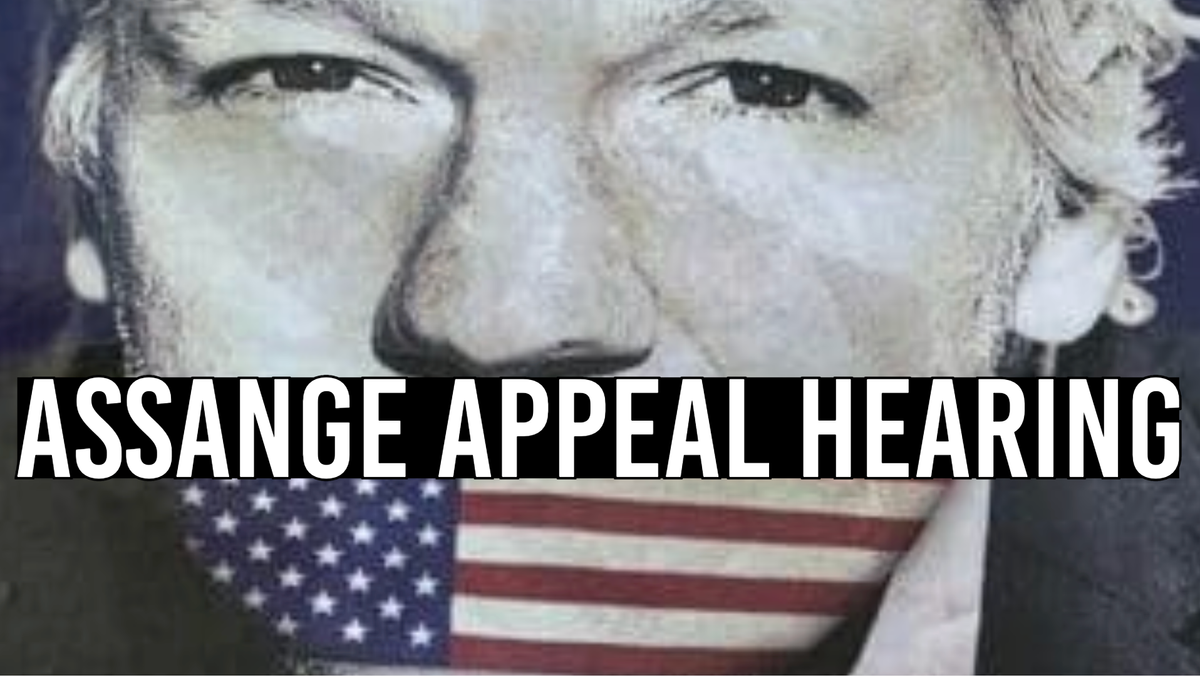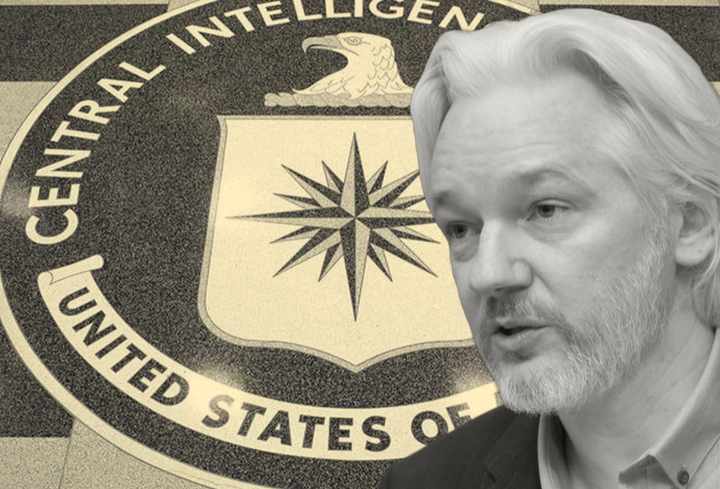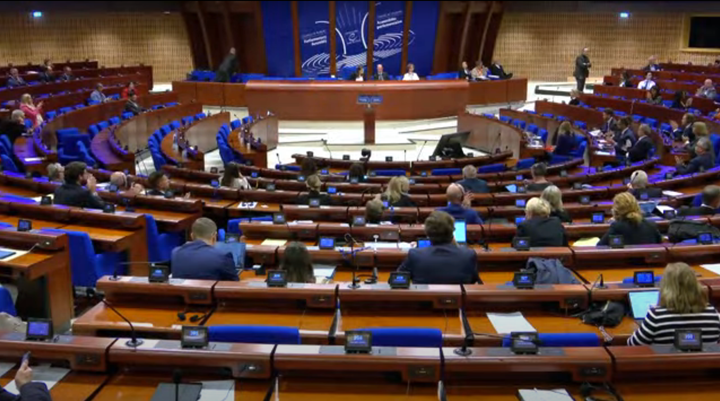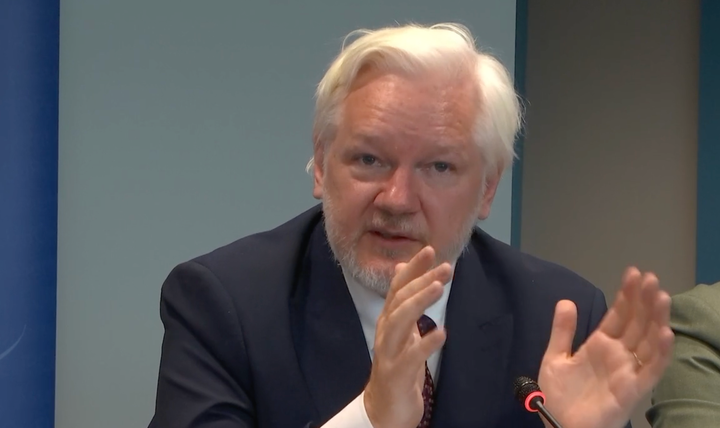UK Appeal Hearing: CIA Reportedly Plotted To Kill Assange
To extradite Assange would undermine his right to life and right to be free from inhuman treatment, his legal team argues

Editor’s Note: The following was published as part of a “Countdown To Day X” series highlighting key aspects of WikiLeaks founder Julian Assange’s request to appeal his extradition to the United States.
Extradition should be blocked because the CIA allegedly plotted to kidnap, poison, or kill WikiLeaks founder Julian Assange while he was living under political asylum in the Ecuador embassy in London.
According to Assange’s legal team, extradition would undermine his right to life and right to be free from “torture or inhuman or degrading treatment or punishment” under the European Convention on Human Rights (ECHR).
In September 2021, Yahoo News shared an investigation “based on conversations with more than 30 former U.S. officials—eight of whom described details of the CIA’s proposals to abduct Assange.”
CIA director Mike Pompeo allegedly “championed” proposals to abduct Assange after WikiLeaks published the Vault 7 materials in 2017. Pompeo favored a rendition operation that would involve breaking into the Ecuador embassy to drag Assange out and bring him to the U.S. “via a third country.”
“A less extreme version of the proposal involved U.S. operatives snatching Assange from the embassy and turning him over to British authorities,” Yahoo News added.
UC Global, a Spanish security company, spied on Assange while he was in the embassy with alleged support from the CIA. The laptop used by UC Global director David Morales had a folder on it marked “CIA.”
“The word ‘CIA’ appears several times on a Western Digital-branded external hard drive, on which Morales kept the projects and operations that his company — UC Global, S.L. — was contracted to deliver,” the Spanish newspaper El País additionally reported.
During a month-long hearing in September 2020, two UC Global whistleblowers submitted testimony in support of Assange’s opposition to extradition. “Witness #2,” as they were called, claimed that Morales proposed leaving the door to the embassy open. It would be treated as an “accidental mistake” so that Assange could be kidnapped.
Morales’ “contacts in the United States” also discussed poisoning Assange, according to “Witness #2.”
Reporting from Yahoo News indicated that several “senior officials” at the CIA and in President Donald Trump’s administration had requested “sketches” or “options” for killing Assange. Discussions about assassinating the WikiLeaks founder took place “at the highest levels,” and one former senior counterintelligence official said, “There seemed to be no boundaries.”
Under President Barack Obama, the Justice Department (DOJ) had declined to pursue an Espionage Act prosecution. But CIA discussions about putting Assange on a rendition flight stirred panic among senior DOJ officials. There were no charges under seal, and if Assange was abducted, there would be no “legal basis to try him in the United States.”
Prosecutors accelerated the drafting of charges, and by December 2017, within the first year of Trump’s presidency, the DOJ had a sealed indictment.
More than fifty years ago, the CIA similarly jeopardized the DOJ’s Espionage Act prosecution against Pentagon Papers whistleblower Daniel Ellsberg.
A clandestine unit known as the White House Plumbers broke into Ellsberg’s psychiatrist’s office in September 1971. Ellsberg also wrote in his memoir “Secrets” that a dozen CIA assets, including Cuban-born operative Bernard Barker, were brought from Miami in a plan to attack him and break both his legs at a Capitol Hill rally on May 3, 1972.
The case against Ellsberg was dismissed with prejudice on May 11, 1973, and Judge William Byrne declared that the “totality of the circumstances” had offended a “sense of justice.”
“The bizarre events have incurably infected the prosecution of this case,” Byrne further stated.
Justices on the British High Court should question the Crown Prosecution Service, which is pursuing extradition on behalf of the U.S. government. They should ask Crown prosecutors, if the allegations against the CIA are true then how can the case possibly proceed?
On this alone, the appeals court could grant a full appeal hearing and reverse the extradition decision.
For further reading, here's where you can purchase a copy of my book, "Guilty of Journalism: The Political Case Against Julian Assange."




Comments ()